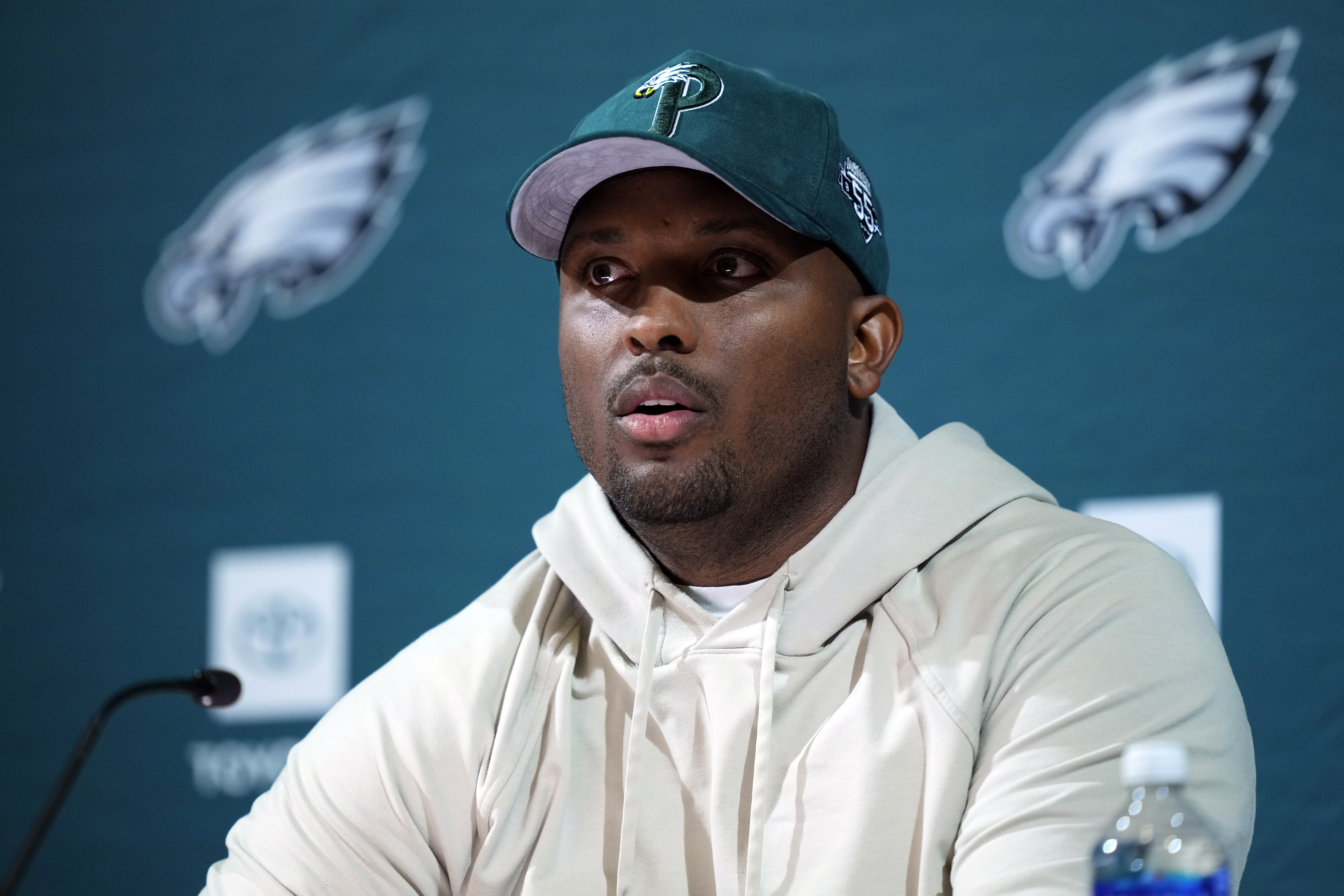VIRGINIA BEACH, Va. (WAVY) — While the marquee race on the ballot this fall is the one for Virginia’s next governor, there are several highly competitive House of Delegates races that are spending big money to get their message out.
At least four of those races already spending thousands in advertising here in Hampton Roads.
The races in House Districts 21, 75, 83 and 85 are all listed as “competitive,” according to the Virginia Public Access Project, a nonpartisan nonprofit that tracks campaign finance in Virginia. Combined, advertising for and against candidates in those four seats is already approaching $1.9 million.
The largest sum is attached to freshman Del. Alex Askew (D-85th District). His campaign has spent nearly $600,000 in ads in support of his candidacy and against challenger Karen Greenhalgh. Greenhalgh, along with the Republican State Leadership Committee — whose money comes from big corporations like Pfizer, AT&T and Citigroup — on the other hand has spent a quarter of that.
“And we still are a month plus from the election event,” said Dr. Ben Melusky, a political science professor at Old Dominion University.
Melusky said a campaign’s spending is a decent barometer on the competitiveness of the race. But so are the amounts raised. He said people will throw large sums of money at a candidate in a close race if they believe it can put them over the top.
In Hampton Roads, no race was closer in 2019 than the one between Del. Nancy Guy, (D-83rd District) and then-Republican Del. Chris Stolle. It went to a recount. Stolle lost by 27 votes.
Stolle was hopeful for a rematch but lost his primary to political newcomer Tim Anderson.
Guy has now spent more than $400,000 in ads trying to keep her seat, while Anderson and the Republican State Leadership Committee have shelled out just over $100,000.
On the fundraising side, Guy has raised $528,690 while Anderson has raised $221,351.
Melusky said it’s not surprising Democrats have the cash advantage.
“Frankly, in this election cycle, the Democrats are on the defensive in a lot of these places, right? You saw a lot of Democrat candidates only win their last election cycle by a handful of points,” Melusky said.
The top donor in both Guy and Askew’s campaigns is the Clean Virginia Fund. Clean Virginia is funded mostly by Charlottesville Billionaire Michael Bills — a vocal critic of Dominion Energy — who asks candidates to take a pledge to not own stock or accept campaign contributions from Dominion Energy or Appalachian Power.
Del. Steve Heretick, (D-79th District) attributes the loss of his 2021 primary to Bills. He said the pledge also requires a politician to vote a certain way.
Guy says that is not the case.
“I haven’t, I wouldn’t. In fact, the only bill that Clean Virginia called me on last year, I voted the other way,” Guy said.
However, Anderson still takes issue with campaign finance in the race.
“Here’s the problem. Virginia is for sale. Millionaires can buy elections,” Anderson said.
While Guy has accepted $80,000 from Clean Virginia this election cycle, Anderson’s top donator — The Spirit of VMI PAC — has topped out at $11,000.
Anderson said he has not accepted donations from Dominion Energy.
Anderson has also called out Guy’s out-of-state donations, including more than $95,000 from California, which includes a $5,000 donation from House Speaker Nancy Pelosi, (D-Calif.).
Guy isn’t phased.
“I believe we are the United States of America and you know. We are all interconnected and what we do here in Virginia in terms of voting rights, gun safety and environmental concerns affects people across the country,” Guy said.
















